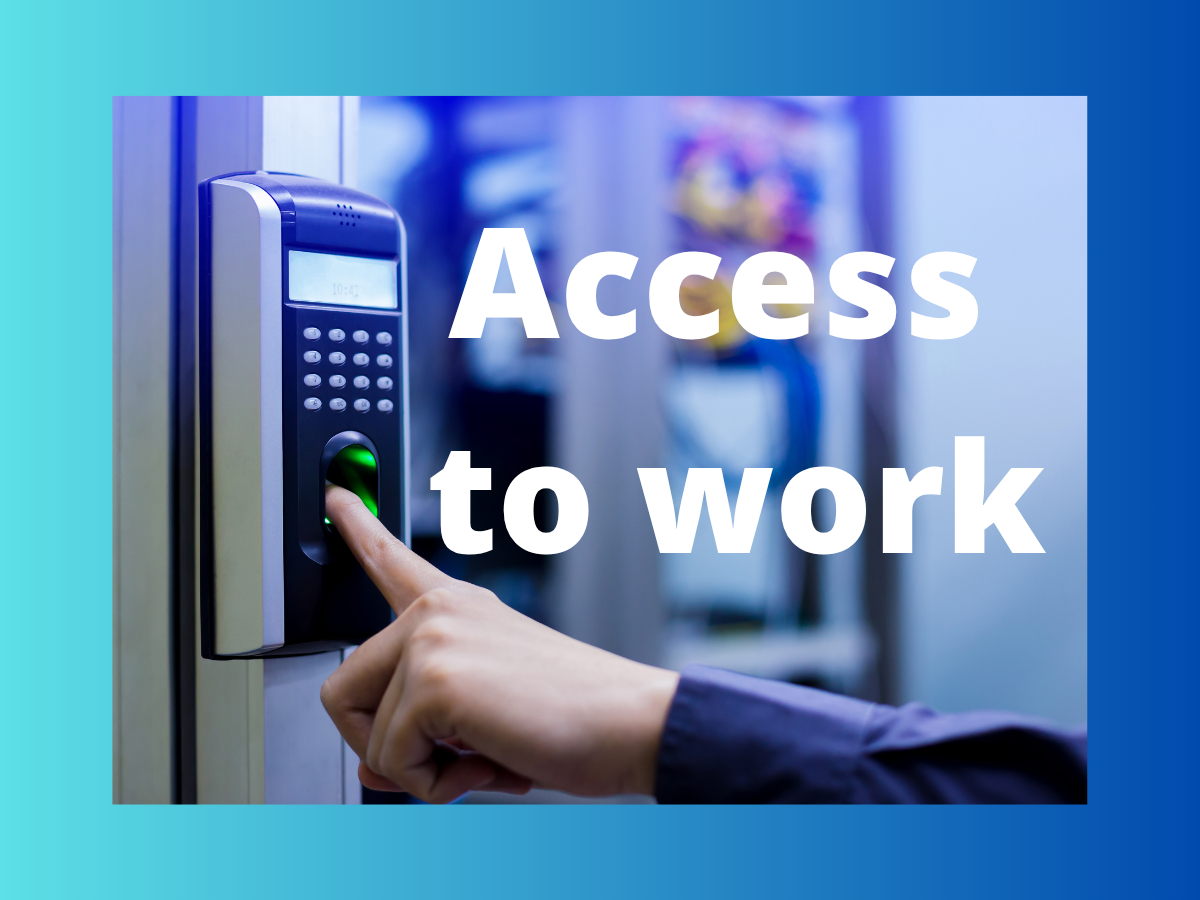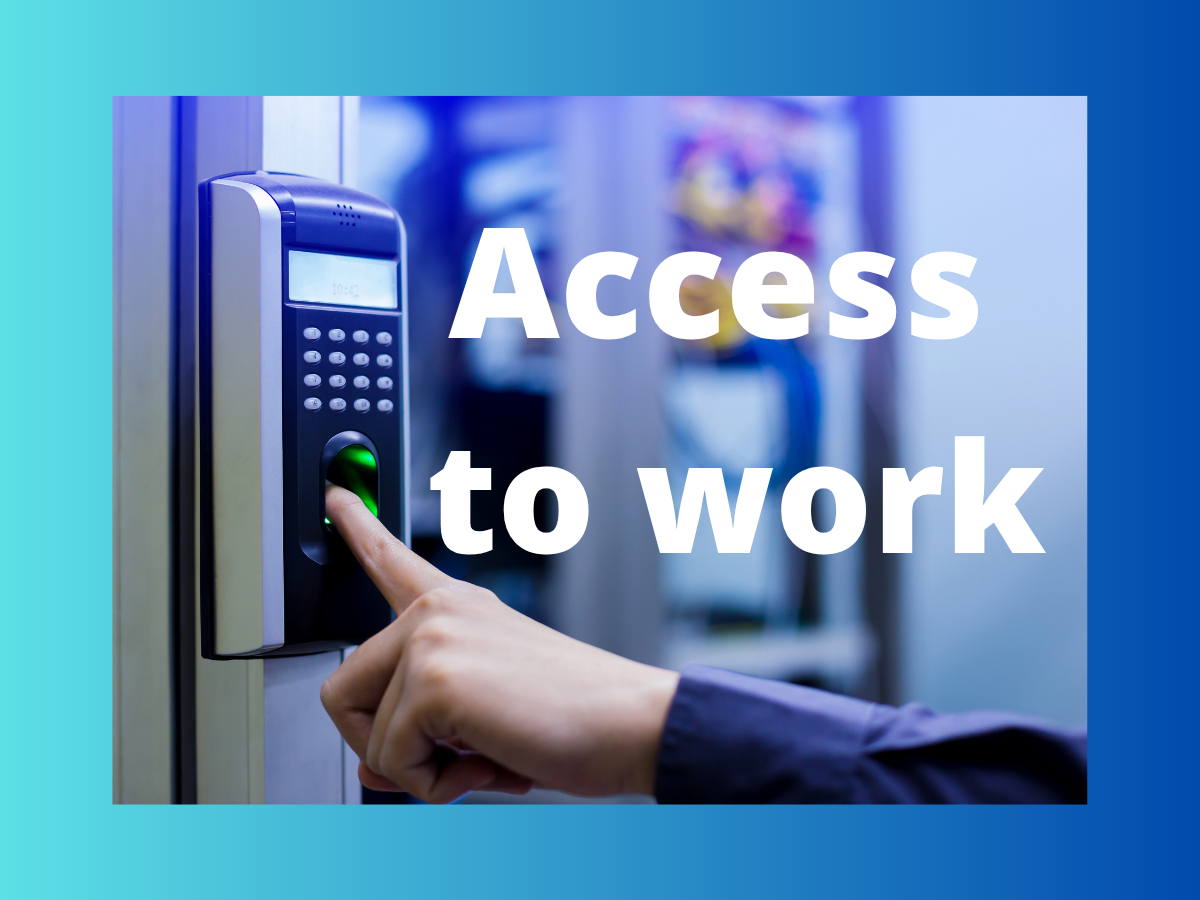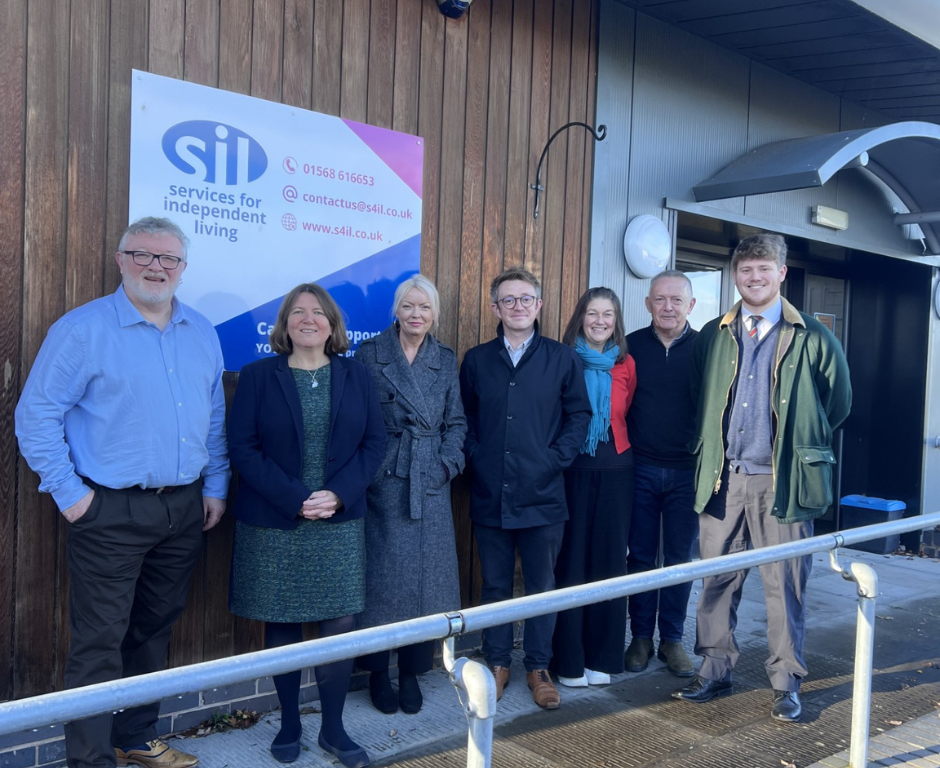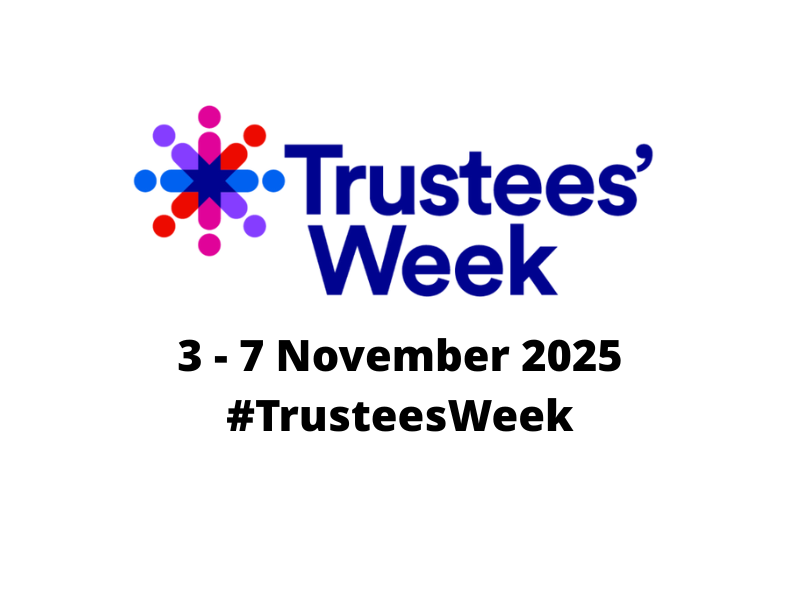Access to Work is a vital government scheme designed to support disabled people in employment by covering costs like workplace adjustments, tech, and travel. But instead of being strengthened, it’s being undermined—with delays, mismanagement, and cuts that are jeopardizing careers and livelihoods across the UK.
💼 What Is Access to Work?
Access to Work helps remove practical barriers to employment. It funds support that enables disabled people to get into work, stay in work, and thrive. This includes:
- Specialist equipment
- Transport support
- Communication support like BSL interpreters
- Job coaching and support workers
It’s not a welfare benefit—it’s an equality mechanism grounded in legal obligations under the Equality Act 2010, the UNCRPD, and the Sustainable Development Goals.
📉 Cuts and Consequences
Unfortunately, the scheme is now facing severe setbacks:
- As of February 2025, 62,000 applications were stuck in processing.
- 33,000 individuals were waiting in a backlog just to be paid.
- People have lost jobs, businesses, and access to their careers due to delays and bureaucracy.
Channel 4 News recently exposed the human cost: workers unable to start jobs, forced out of roles they loved, and entrepreneurs shutting down companies they built from scratch.
These changes were made without consultation with disabled people—the very individuals Access to Work is meant to empower.
💰 Economic Sense, Social Injustice
Investing in Access to Work pays dividends:
- Every £1 spent returns value via increased tax revenue, reduced benefits claims, and higher productivity.
- Employers save £5,000–£11,000 per employee by preventing job loss. (Source: Health Is Everyone’s Business – Gov.uk, 2021)
Yet instead of expanding this vital support, it’s being quietly eroded.

📣 What the Access to Work Collective Found
The Access to Work Collective surveyed over 250 stakeholders—disabled workers, employers, and suppliers. Their message is loud and clear: the system is failing.
Key findings:
- 70% said they couldn’t have entered or stayed in employment without Access to Work.
- 86% said it had a major impact on keeping them in work or running their business.
- 100% of employers agreed their disabled staff couldn’t do their jobs without it.
- 78% credited the scheme for making it possible to hire disabled employees.
Despite this overwhelming endorsement, the government continues to scale back the scheme.
💔 The Human Impact
The consequences are deeply harmful:
- Support delayed for months or even years
- Individuals forced onto benefits or into debt
- Suppliers and employers pushed out due to unpaid invoices
- Communication support workers leaving over late payments and illegal wage rates
- Mental health crises, burnout, and career collapse
All while claiming to prioritise getting disabled people into work.
🛑 What Needs to Change
Access to Work is becoming the very barrier it was created to eliminate. Urgent action is needed:
- Stop the cuts. Parliamentarians must demand an end to this dismantling of essential support.
- Engage with disabled people. Co-design a system that’s fast, fair, and properly funded.
- Recognize Access to Work as employment infrastructure, not a benefit—and invest in it accordingly.
- Involve the Access to Work Collective directly in the upcoming Timms Review, led by Sir Stephen Timms MP.
🤝 Join the Movement
SIL and other lived experience organisations stand ready to support reform. If you believe in employment equality for disabled people, back the Access to Work Collective, and contact your MP to demand change. 🔗 Learn more: https://www.linkedin.com/company/accesstoworkcollective



